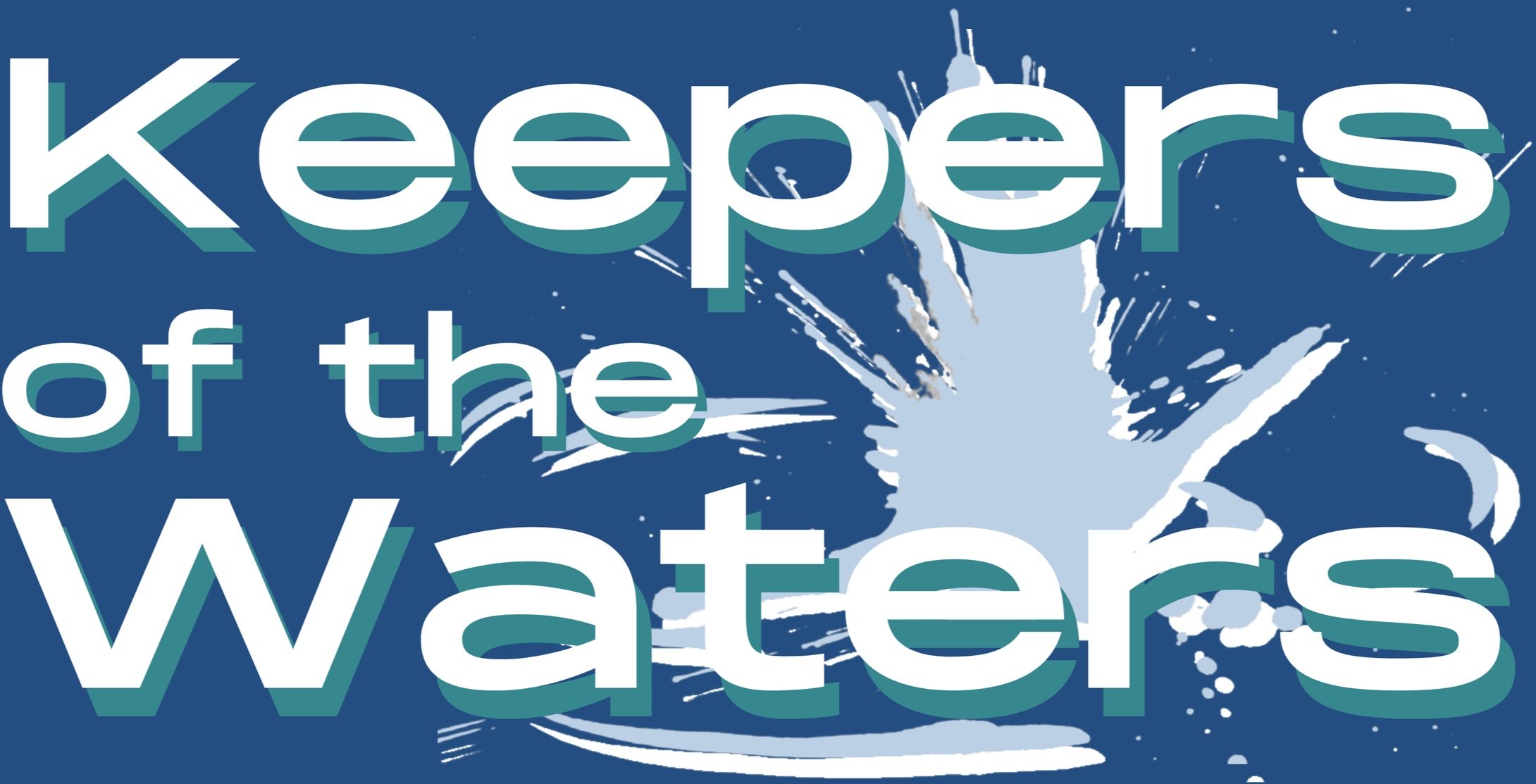Bottling Bigotry
The bottling industry's tactics disproportionately harm black, brown, and low-income communities.
Bottling companies present a high health risk to America's disenfranchised. This is largely a result of the soft drink industry's practice of bombarding poor communities with advertising. A study conducted by the American Journal of Preventative Medicine finds that soda companies go as far as timing advertisements for sugary drinks to coincide with the days leading up to the monthly distribution of food stamp benefits. Coca Cola has reached a net worth of $232 billion profiting off of people living paycheck-to-paycheck.
To be clear: The harmful effects of the bottling industry on marginalized communities is 100% the fault of bottling corporations; efforts like soda taxes only punish the same people they’re supposedly intended to help. Bottling corporations, not individual people or communities, are the problem—and should be regulated accordingly.
The bottling industry's racism and classism extend far beyond the local corner store. The pollution caused by plastic bottle manufacturing disproportionately affects poorer communities, whose concerns are dismissed when factories are built. And the bottling industry's deliberate misinformation campaign, which has sought to portray public water supplies as "dirty", has discouraged investment in our water supplies. This has contributed to public health crises like the one in Flint, Michigan.
As America grapples with the racism at its very core, companies like Coca Cola are putting out statements that "Black Lives Matter." Meanwhile, Coca Cola continues to commit human rights abuses around the world, mostly against people of color. The current moment should be more than just a branding opportunity.
The “Systemic” in Systemic Racism
When we say racism is "systemic," we mean that racism is inherent to the entire system. We must remain distrustful of Fortune 500 companies' focus-grouped public statements on racism. What does it mean for Coca Cola to tweet that Black Lives Matter when Coca Cola continues to be the worst plastics polluter in the history of the planet? Plastic pollution inherently targets communities of color around the globe. What does it mean for Nestlé to criticize "the senseless racism that tears into the fabric of our communities" when Nestlé continues to steal water from indigenous people? "Systemic racism" can only be fought with systemic change; anything less is hypocrisy.
Three other vital black-led organizations to support, recommended by Corporate Accountability:

